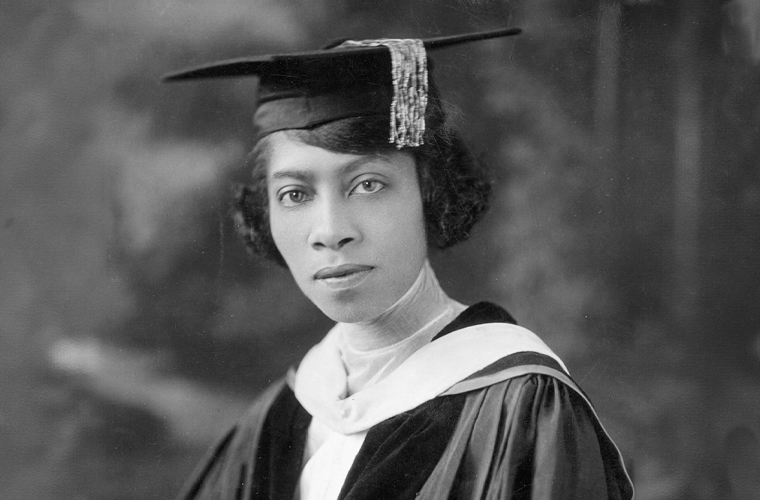Eva Beatrice Dykes was a pioneering figure in the field of education and an influential advocate for African American women’s rights. Born on August 13, 1893, in Washington, D.C., Dykes dedicated her life to breaking barriers and creating opportunities for marginalized communities. Dykes’ passion for education was evident from a young age. She excelled academically and was awarded a scholarship to attend Howard University, where she earned her bachelor’s degree in English in 1917. She continued her studies at Radcliffe College, where she became the first African American woman to earn a Ph.D. in English in 1921.
Throughout her career, Dykes was committed to expanding access to quality education for African American students. She served as a professor at various institutions, including Howard University and Payne Theological Seminary, where she inspired and mentored countless students. Dykes believed that education was the key to empowerment and worked tirelessly to ensure that African American students had the same opportunities as their white counterparts.






In addition to her work in academia, Dykes was a vocal advocate for women’s rights. She understood the intersecting challenges faced by African American women and tirelessly fought for gender equality. Dykes was a prominent figure in the National Association of Colored Women and used her platform to advocate for social and political change. Dykes’ impact extended beyond the classroom and the advocacy realm. She was a prolific writer and speaker, using her voice to shed light on issues of race, gender, and education. Her work contributed to the broader discourse on civil rights and social justice, and she remains a revered figure in the history of African American activism.
Eva Beatrice Dykes’ legacy continues to inspire future generations of educators, activists, and scholars. Her unwavering dedication to equality and education serves as a testament to the power of perseverance and the enduring impact of individuals who dare to challenge the status quo. Dykes’ pioneering spirit and commitment to social change have left an indelible mark on the landscape of American history, and her contributions continue to resonate today.

